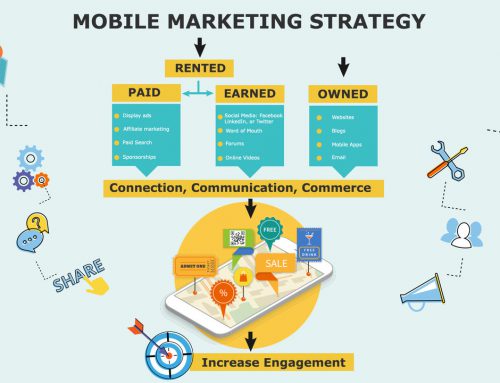In today’s ever-changing business world companies have to constantly adapt and change how they run their businesses to stay competitive. Partnerships in business can be the key to success. In the article Nestle, Starbucks Blend Strategy, Blackstone and Jargon show how some competing companies are able to work together to benefit their product sales. Starbucks has decided to concentrate on their coffee shops and sold the rights to Nestle for the sale of their coffee and tea products in grocery and retail stores. Nestle agreed to pay Starbucks 7 billion and royalties for continuing sales. Starbucks also recently sold their tea brand Tazo to Unilever for 384 million. Starbucks and Nestle have partnered with each other in a mutually beneficial marketing strategy to increase and promote their products. Nestle already has presence in the coffee industry and they are hoping to bring Starbucks to a more international market. They are also hoping to boost their coffee sales because their sales are lagging in some of their other packed food product sales. Combining the Starbucks coffee, Teavana and Nestle coffee sales Nestle hopes to increase their revenue and make up for lost sales in other areas. Because the deals struck with Unilever and Nestle do not include fixed assets or Starbucks ready-to-drink products they were able to garner two more partnerships.
The partnerships with Pepsi Co Inc and Anheuser-Busch to setup production and distribution of their ready-to-drink coffee and Teavana teas also creates a winning strategy for all partners involved by allowing companies who are well versed and incredibly successful in the marketing of drink products to sell a product people already love. Taking the pressure off Starbucks to deal with this aspect of the business, allows Starbucks the opportunity to focus on their goal and increases Pepsi and Anheuser-Busch’ reach. By creating a strategic alliance Starbucks and Nestle are able to continue to produce and hopefully increase their revenue. With the added funds from Nestle and Unilever, Starbucks will invest back into their coffee shops and increase their stock value making the company and its investors happy. By striking these deals, Starbucks is able to refocus on their main goal, increased focus on the coffee shops and doing what they do best. This mutually beneficial alliance is important because it shows how companies have learned to come together to reach their business goals.
Competition in the coffee industry is constantly growing. Learning to adapt by creating partnerships with competing companies is necessary. As companies grow and improve, their need to build strategic alliances also grows. Whether it be with product or service alliances, promotional alliances, logistics allowances or pricing collaborations, companies are trying to increase the ways in which they maximize their areas of strength and build partnerships that can help in areas where they are lacking. Many businesses feel they can or should do it all, that way of thinking can be prohibitive to growth and success. I feel it is sometimes difficult to accept that you can’t do it all and even more difficult to ask for help when you realize you can’t. Recognizing your strengths and weakness can be the difference between success or failure.
References
Blackstone, Brian, and Julia Jargon. “Nestle, Starbucks Blend Strategy.” Wall Street Journal, Eastern edition ed., May 08 2018, ProQuest. Web. 9 May 2018.





